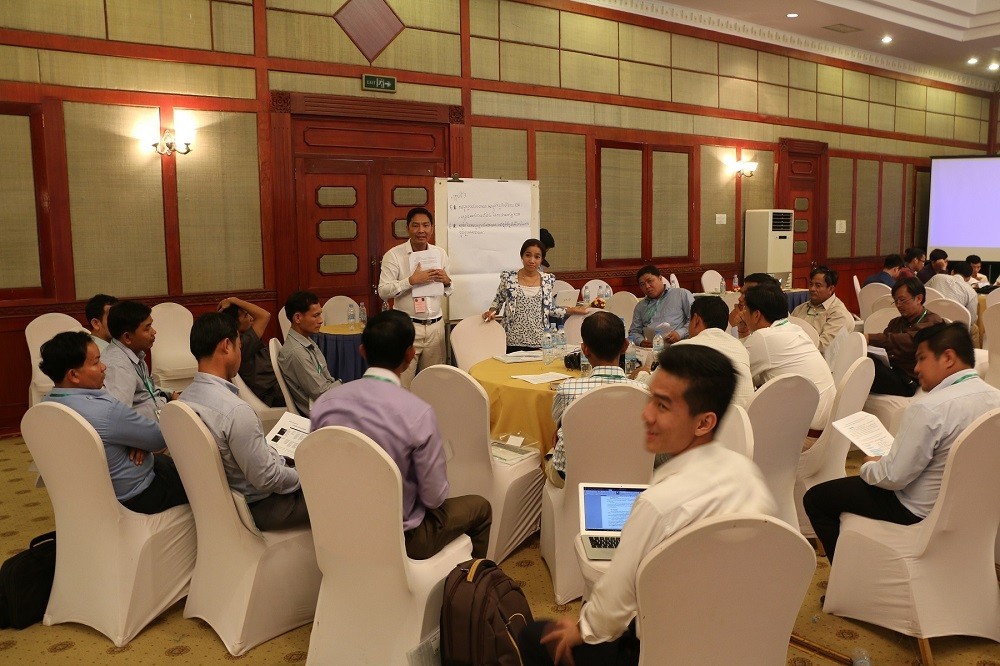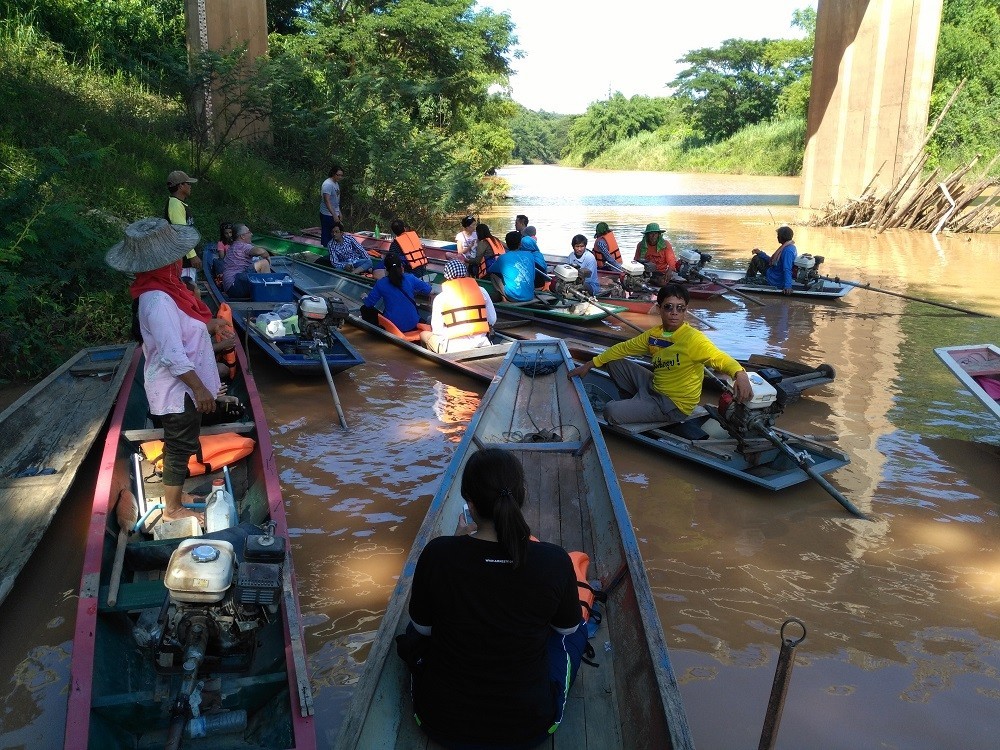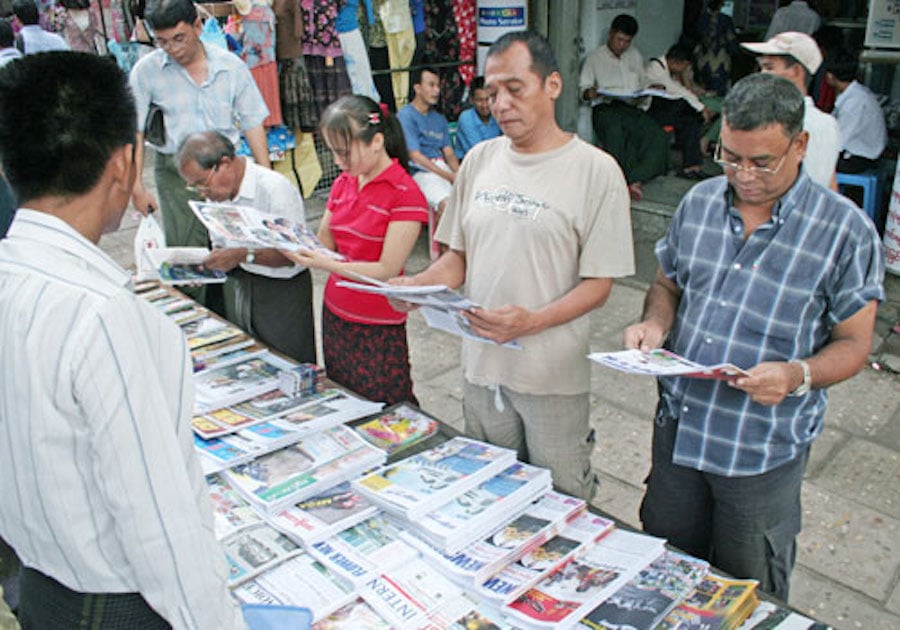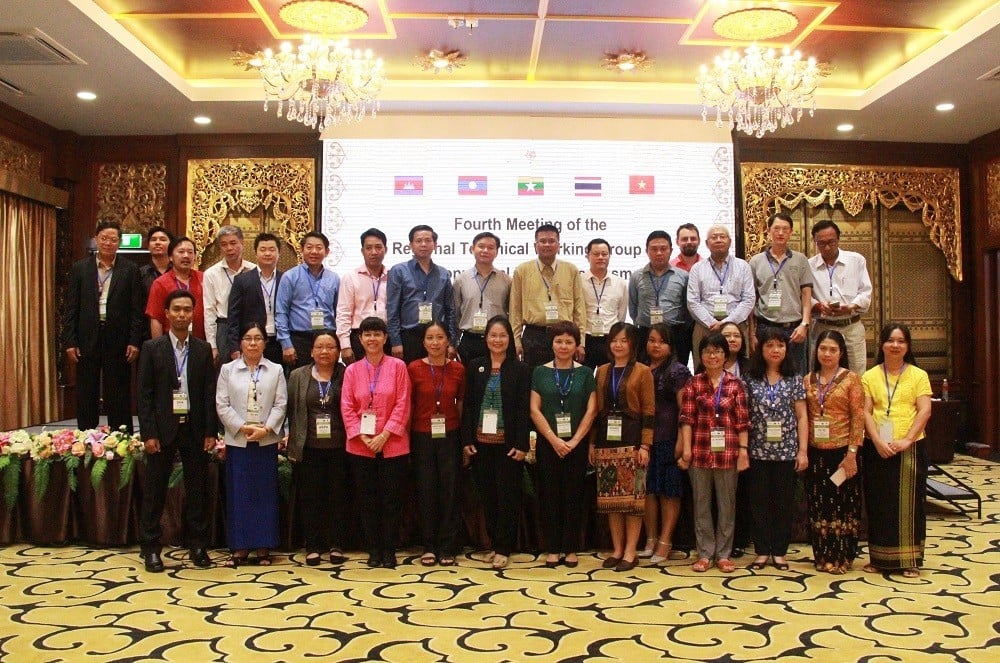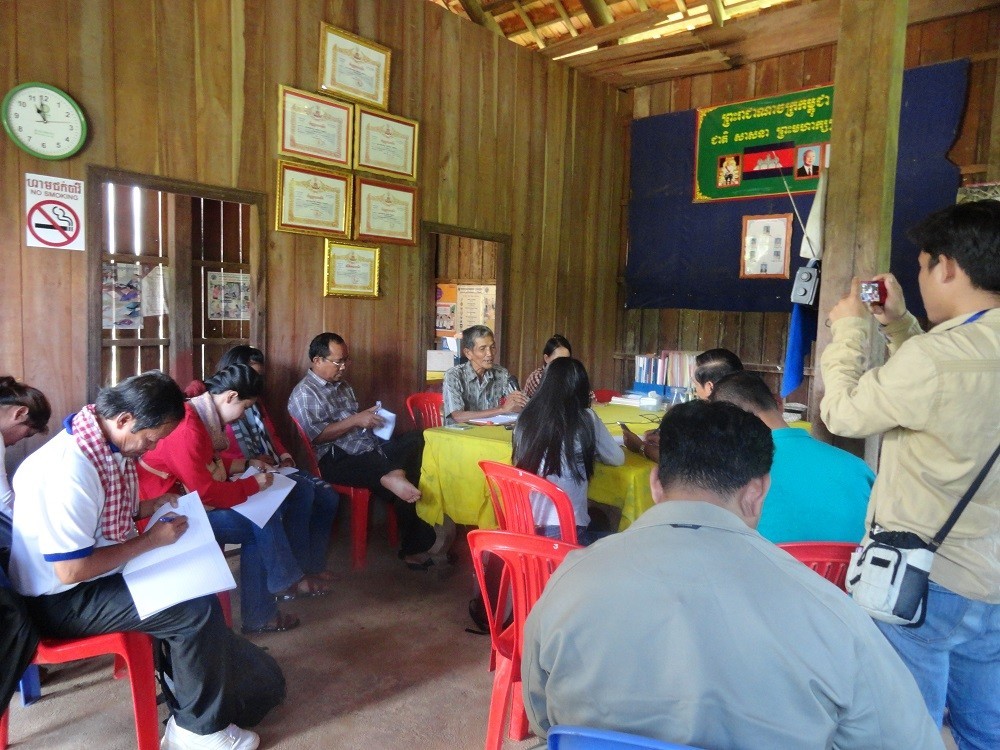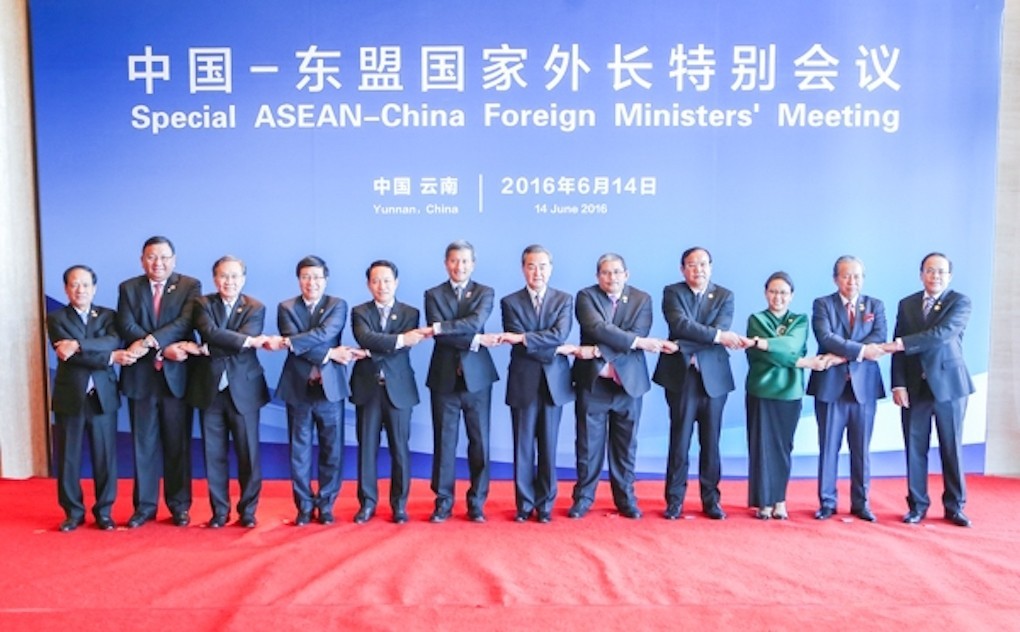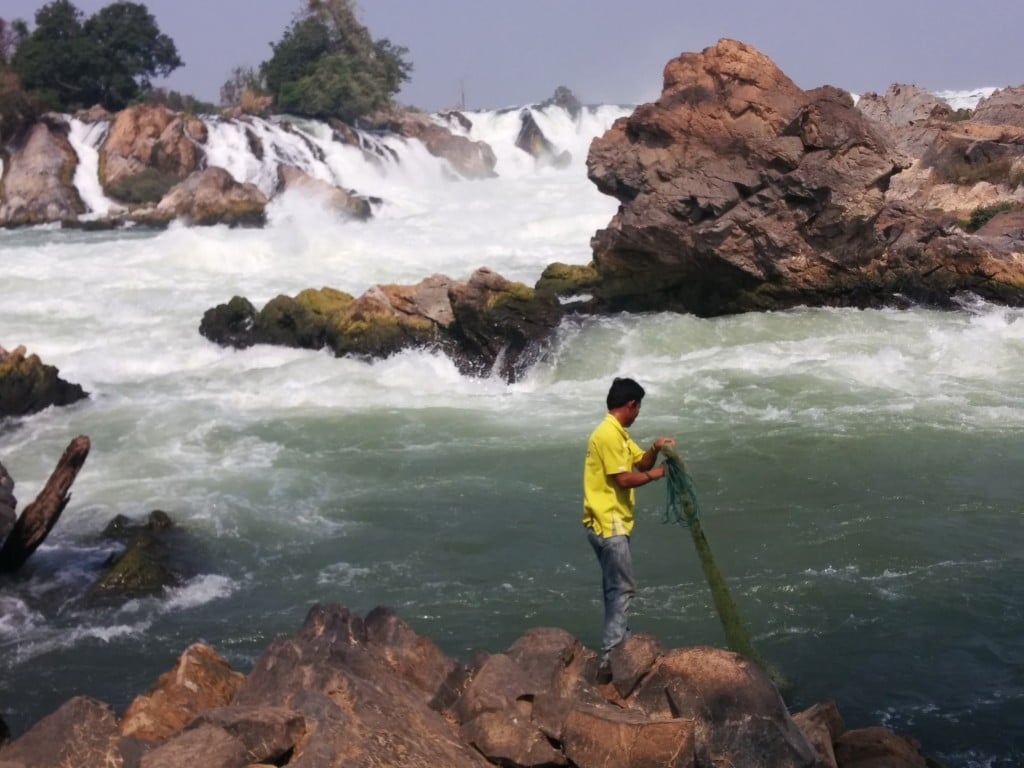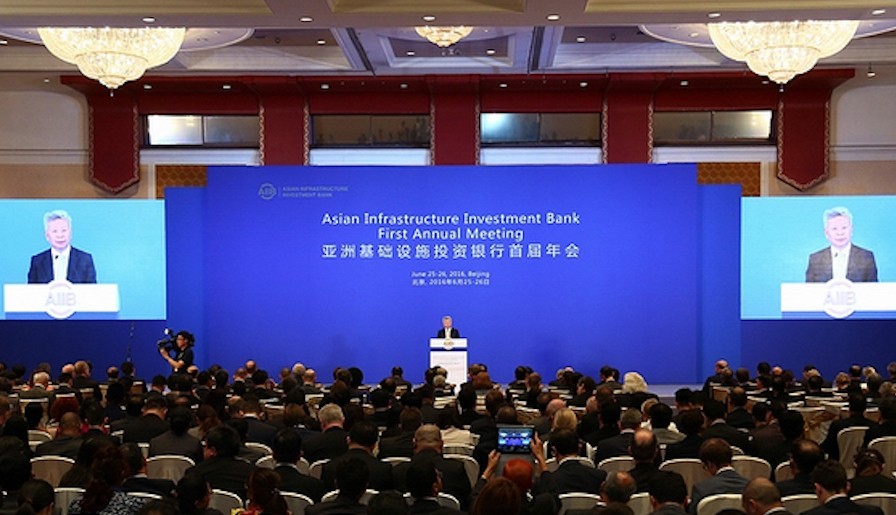Development of the second stage of the country’s first economic zone will begin with infrastructure including roads, electricity and water, said U Myint Zaw, general manager of Myanmar Japan Thilawa Development Limited.
“We will implement Zone B in phases. Once one phase is complete, we will start on the next one,” he said.
Meanwhile the smaller Zone A is around 90 percent complete, with US$760 million in foreign investment committed to the project across 400 hectares of land. The project is located to the south of Yangon.


